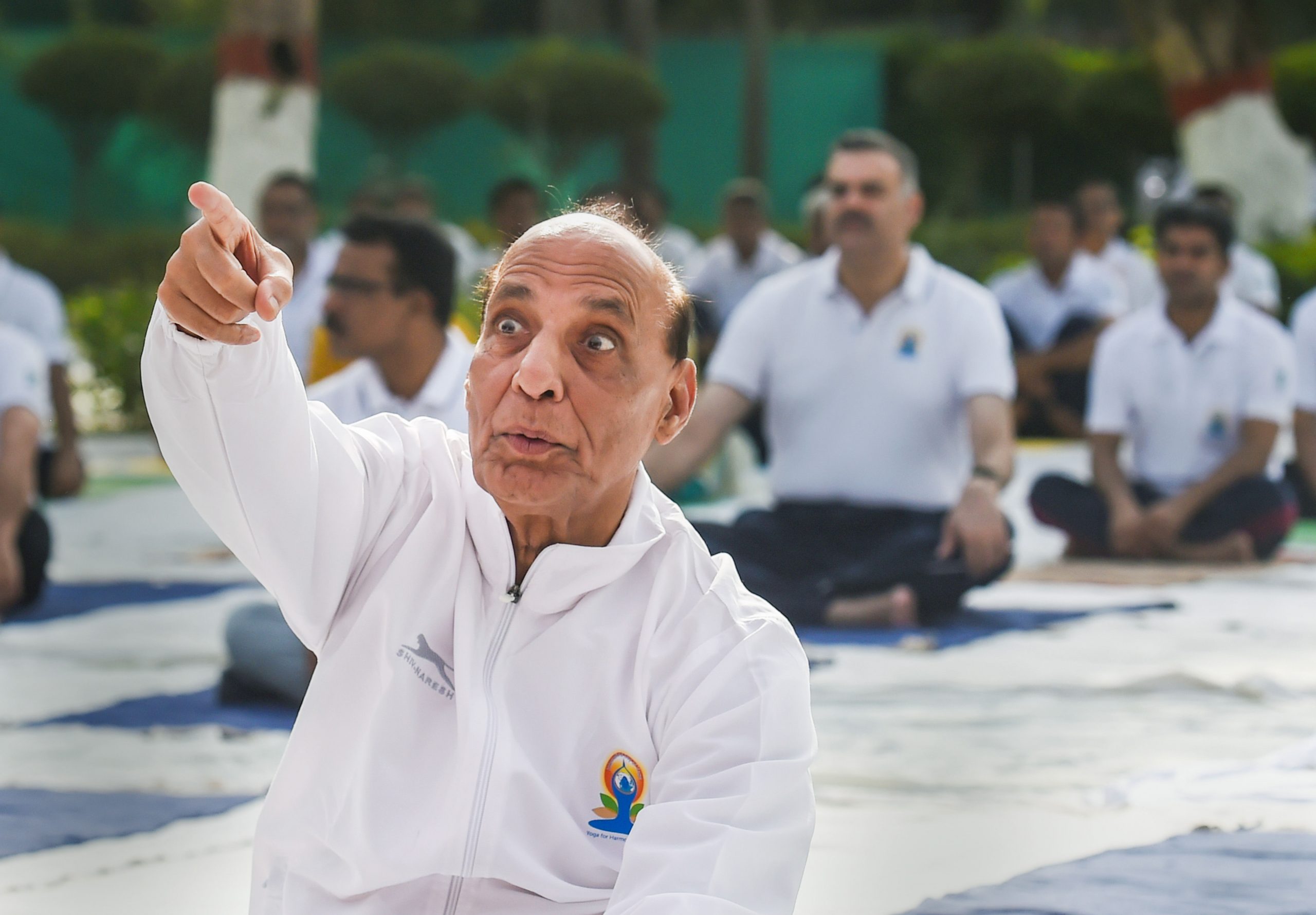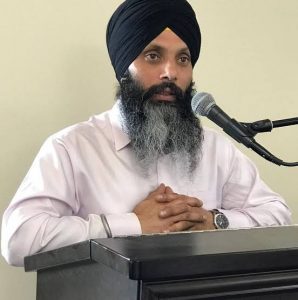The Indian
government’s new Agnipath scheme has triggered a wave of protests across the
country. In a bid to calm tempers, the government has also increased the maximum
age for applying to posts in the Armed Forces from 21 to 23. Amid these
protests by aspirants to the Indian Armed Forces, India’s Defence Minister
Rajnath Singh said the Agnipath scheme is a grand opportunity for India’s youth
to join the military.
“The Agnipath
scheme by the central government gives a golden opportunity to the youth of the
country to join the defence system and serve the country,” Rajnath Singh said
speaking to news agency ANI.
Also Read | Amid Agnipath protests, government raises maximum age to 23 this year
“Due to a snag in
the recruitment process in the army for two years, many youths did not get the
opportunity to join the army. This is a fact. That is why, keeping in mind the
future of the youth and showing sensitivity towards them, with the approval of
the Prime Minister, the government has decided that this time the age limit for
the recruitment of Agniveers should be increased from 21 to 23 years,” the defence
minister said.
Also Read | Countrywide stir needed to stall Agnipath scheme: Tikait
According to
Singh, this one-time relaxation will make many young people eligible to become
Agniveers. “The recruitment process is going to start in a few days. I appeal
to all the youth to prepare for joining the army and take full advantage of it,”
he added.
What is the
Agnipath scheme?
The Agnipath
scheme overhauls the Indian military recruitment process. Prior to Agnipath,
Indians between ages 16.5 and 21 could join the Armed Forces. Once selected,
they would serve for a minimum period of 15 years and will be entitled to
pension and medical benefits.
Also Read | Loopholes in any scheme can be removed: Ajit Pawar on protests over Agnipath
The Agnipath
scheme makes significant alterations to this recruitment policy. Now, people between
ages 17.5 to 21 (23 years in 2022) will be able to apply to the Armed Forces.
If selected, they would be called Agniveers, and be allowed to serve for a
period of four years. After these four years, 25% of candidates would be
allowed to serve out 15 years while the remaining 75% will be released with
lumpsum one-time payments and no pension or medical benefits.







